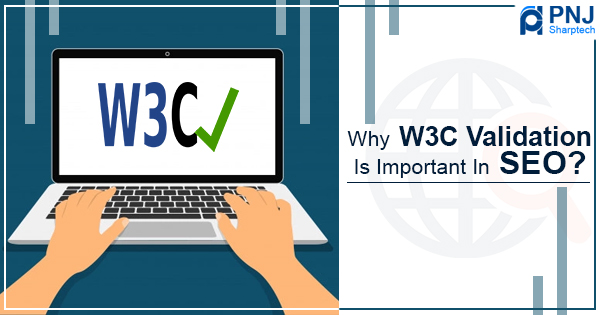Does W3C compliance affect a website online seek rankings? The query has been mulled on withinside the beyond. The primary end is that even though W3C is critical for browser compatibility and universal web website online usability, it no longer has an instantaneous effect on Google rankings. Particularly when you consider that Google’s pages themselves do now no longer validate.
However, it’s far nevertheless a not unusual place exercise to ensure one’s pages validate W3C requirements. Withinside the future, which will choose web website online authority and quality, Google can also additionally encompass W3C validity their algorithm; you never know.
The SEO world has not been full of debate, W3C validation has been a hot topic among experts. For those unfamiliar, W3C stands for Wide Web Consortium, a company that sets standards for code on the Web. Validation works properly to ensure that HTML is used for correct markup, ensuring that all pages on a website are created according to web standards. If your website adheres to all of these standards, you have an excellent chance that your website will work on different browsers and different operating systems. Validation seems somewhat better for search engine optimization. A successful SEO company will also explain all aspects of search engine optimization to you.
Now that it is very clear that successful SEO can produce great results, but if you are excited about the importance of the W3C validator, and
How Does W3C Validation Work For Search Engine Optimization?
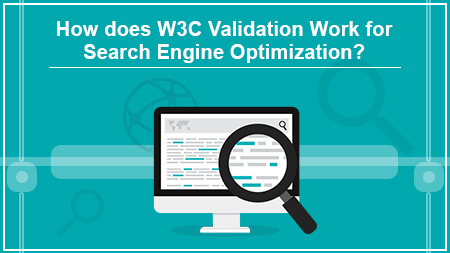
Typically, W3C validation would be considered helpful for search engine optimization. Validating your website is very important as code errors can cause serious styling issues from a web design perspective. These mistakes keep a Googlebot from leaving.
How To Effectively Validate A Website On The W3C?

W3C validation is the way to look at site’s code to make sure that it conforms to formatting standards or not. If you cannot validate your website pages against W3C standards, your website will experience errors or poor traffic because of poor formatting and readability.
Help Improve Search Engine Rankings
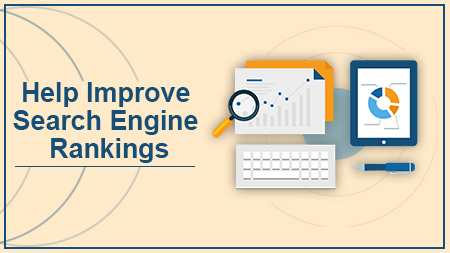
W3C validation will help you get better search engine rankings. Errors in your code can affect the performance of your website and make a big impression on your website. Search engines can check your website’s HTML or XHTML code as they search.
Improved Website User Experience
W3C validated websites are easily accessible to users in newer browsers. Validation increases functionality and ease of use, as your users may have issues when viewed in browsers compared to non-validated websites.
Make Web Browser Friendly
Making web browser friendly is one of the main reasons to start W3C validation. A non-validated website can be displayed correctly in one browser but not in other browsers. Many websites experience errors in various browsers. Invalidated websites can have formatting issues when used in specific browsers.
What W3C Validation And Search Engine Optimization
Some SEOs don’t emphasize W3C validation because Matt Cutts, Google’s chief engineer, makes it clear that the W3C validation does not affect the Search Engine Optimization.
Great Content

This is a common finding by any SEO professional when their website has high-quality content and meets users’ needs and scope. It will automatically rank high in search engine results because the big giants like Google, Amazon, and Twitter don’t give much thought to W3C validation.
Google Does Not Validate
Another big reason some SEO professionals do not give great importance to W3C validation is that many websites do not validate. All of these websites include Google, Amazon, and Twitter. These websites are based more on quality content than on perfect code.
The Result Of The W3C Validation And Search Engine Optimization
Finally, from the blog it can be understood that the W3C validation does not have a significant impact on the ranking of a website. Other aspects of search engine optimization should come before a website’s strategy, such as Link building, content creation, etc., before taking care of W3C validation. However, when in doubt, a leading SEO company will help you a lot with W3C validation.
How Do You Validate Your Code? Know The Effective Way
Validation checks your code against W3C standards. The most appropriate way to validate your code is to use the W3C validation tools.
· HTML Validator
· CSS Validator
HTML Validator:
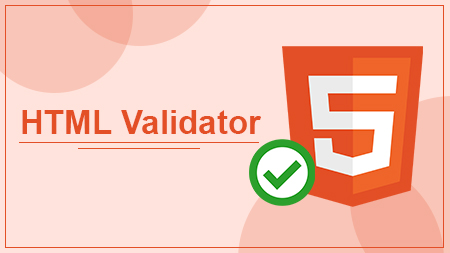
This validator verifies the validity of web documents in HTML, XHTML, SMIL, MathML, etc.
CSS Validator:
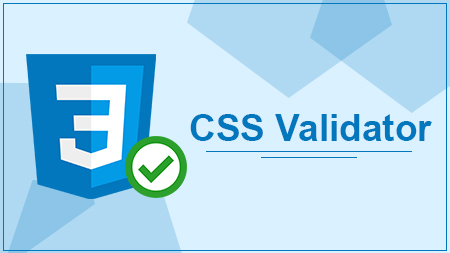
This validator checks the CSS validity of web documents in HTML, XHTML, etc.
There are many browser extensions that will test the page you are viewing with the W3C validators.
HTML Tidy is another option for validating pages, although it may not produce exactly the same results as the W3C validator. One of the benefits of HTML Tidy is the use of an extension. You can check your pages directly in the browser without visiting any of the validation pages.
Conclusion
Whenever possible, all websites should meet the W3C validation requirements. It’s the right way to go, but it has many permanent benefits, such as: extending page life, maintaining browser stability, and much more. This will help you understand why the W3C is required to test all of our websites for W3C validation before declaring a full project. W3C validation is critical to your website as specialists have created it in a variety of industries. Google doesn’t care anymore, but you don’t know what a new Google update will be. This is something that is going to assist you every time in a significant way.
